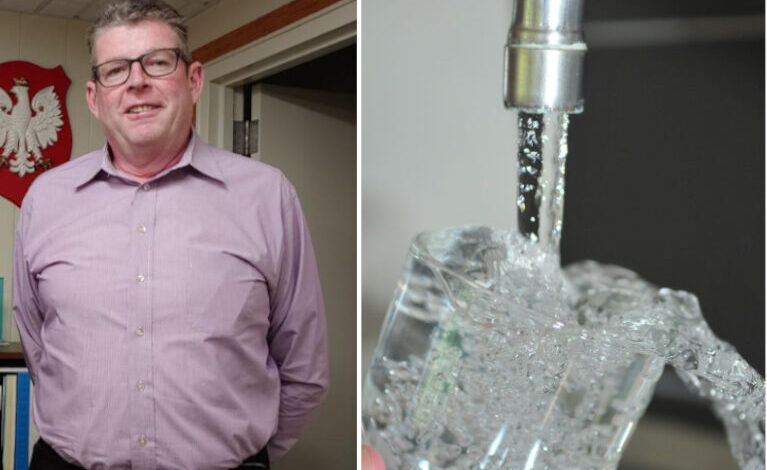DEARBORN HEIGHTS — With residents concerned over their water quality, the Dearborn Heights Department of Public Works wants to clear the air.
All residents citywide recently received letters in the mail regarding the “lead in their water”, which sparked numerous social media posts about the topic and several residents being concerned about the quality, but DPW Director John Selmi said it’s just procedure.
“I want to make it very clear, there is no lead in the water,” he said. “Of the 62 or so recent samples tested, seven had exceeded the action level for lead. When that happens, it’s a state requirement that all residents are notified.”
The letter (City of DH_New Water Letter_7.20) received by residents stated that the 90th percentile value was 17 parts per billion:
“The action level is 15 parts per billion (ppb) for lead and 1.3 parts per million (ppm) for copper,” the letter read. “The action level is a measure of corrosion control effectiveness. It is not a health-based standard. To meet the requirements of the Lead and Copper Rule, 90 percent of the samples collected must be below the action level.”
I want to make it very clear, there is no lead in the water. — DPW Director John Selmi
Selmi said this is all a big misunderstanding.
“The water going to the residents does not have lead in it,” he said. “That being said, however, a lot of fixtures prior to 2014 may have lead in them, which can cause the action levels to be higher. If there are lead service lines, that can also cause this.”
In regards to the lead service lines, Selmi said the city has actually been extremely active.
“We have already identified and started replacing the lead service lines,” he said. “City Council and the mayor allocated funds to ensure this project was prioritized. If residents have lead service lines, the city is replacing them from the main to the water meter at no cost to the resident. We identified about 200 lines and we expect to be done within the next month or so. We are still pinpointing some as this is a very fluid process, but we are getting there.”
While the letter suggests flushing your water and buying a water filter, Selmi said that’s standard precautionary measures.
“The water is still safe to drink,” he said. “It’s always a good idea though to clean your aerators once a month with a natural cleaner that isn’t harmful; and it’s always a good suggestion to invest in a filter of some sort regardless, as a lot of particles come directly from the hardware fixtures people may have in their homes.”
Selmi said that while there is a lot of confusion, there are also a lot of resources.
“A lot of misinformation is being spread around and it’s important to be fully informed,” he said. “We have a lot of helpful links on our website and residents with concerns can also contact our department for assistance.”






Leave a Reply